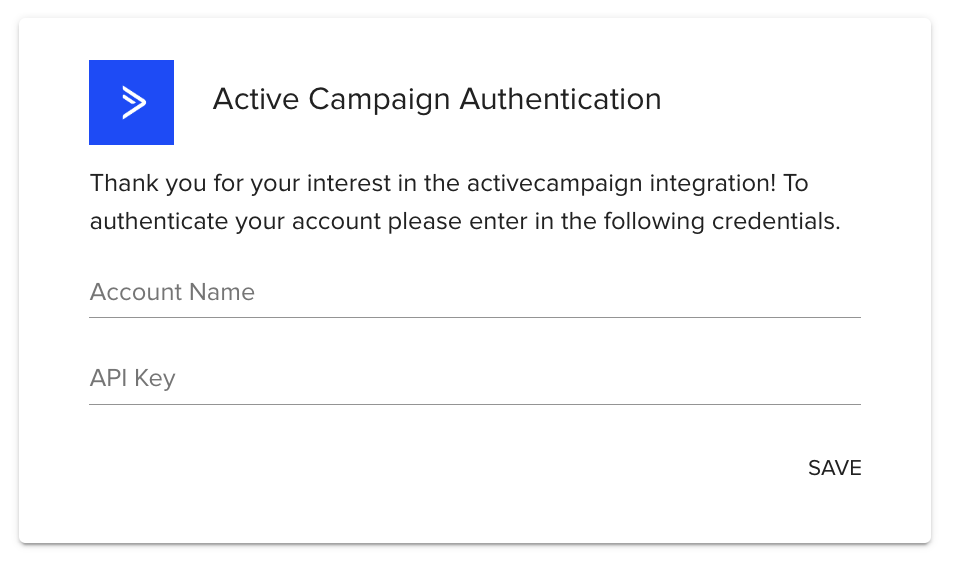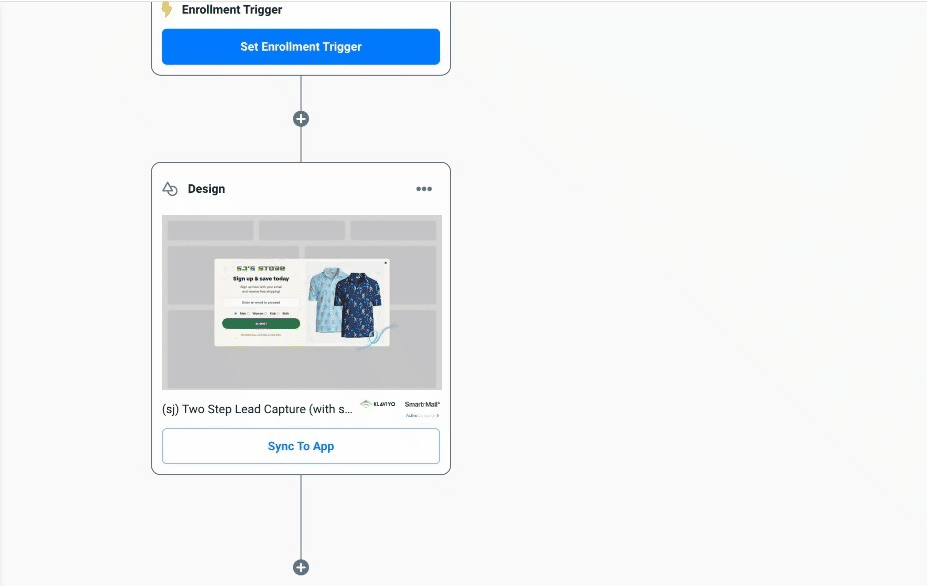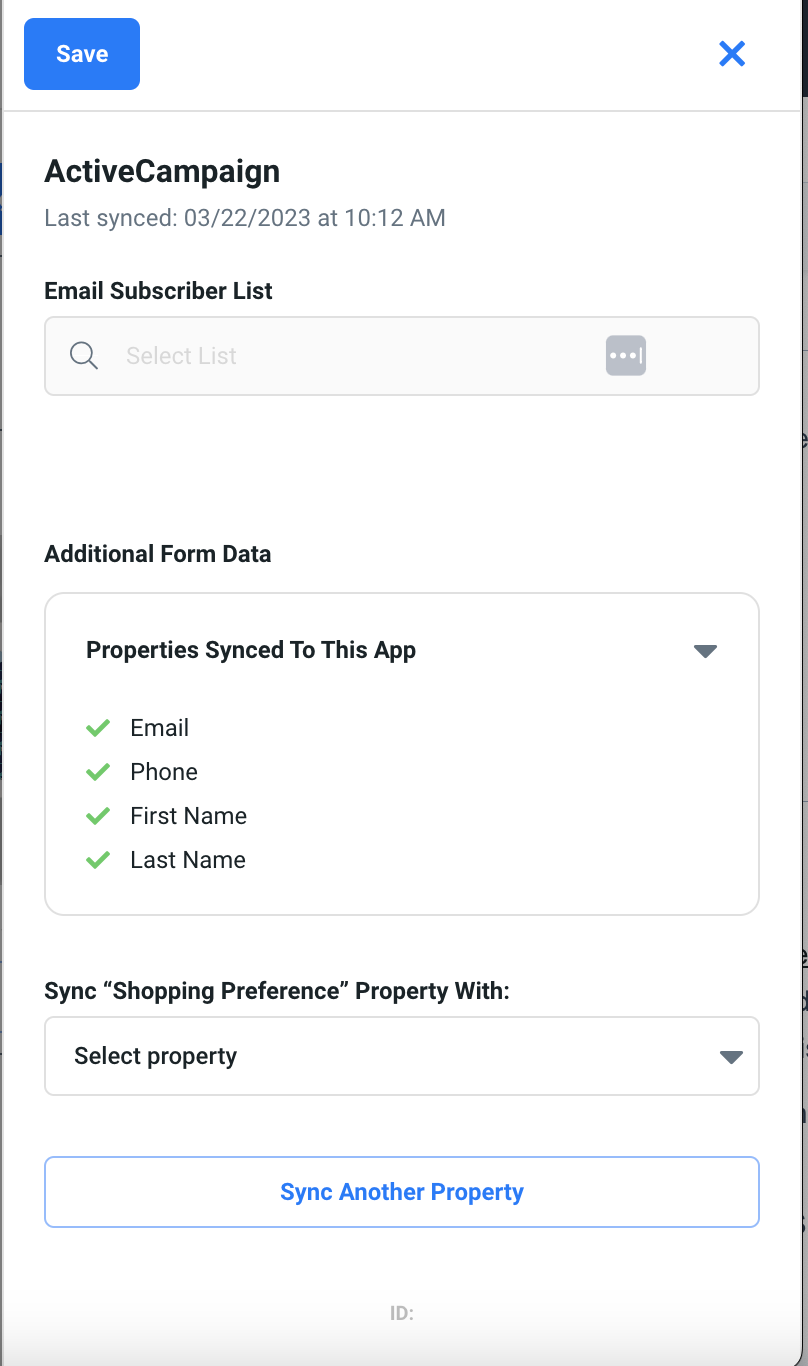Syncing Active Campaign to Justuno
This article will cover how to connect Active Campaign to Justuno, available functionality, and any additional requirements.
On this page:
Justuno & Active Campaign Summary
Introduction to Active Campaign & Justuno
Active Campaign is a marketing platform that specializes in email marketing communication for e-commerce brands. Once connected, users can automatically pass any new contacts and associated data collected by Justuno to a specified list within Active Campaign.
If you have any questions about this integration, contact our support team via ticket or your Justuno Strategist via email for further direction or full set up.
Requirements & Functionality
1. Click "Settings" (gear icon) on the left menu.
2. The Account Settings menu will appear. Click the "Developer" option.
3. You'll find your API key here.
4. The account name will be here as well.
If your store name is https://testsite12345.api-us1.com,then the account name is testsite12345.

Workflow builder
Syncing your workflows to Active Campaign

- Connect your Active Campaign account to Justuno (learn how to do that here). Once Active Campaign has been authenticated, go to your desired workflow, and click Edit Workflow. Once in the workflow builder, click the design step containing the form you wish to sync.
- Click the Sync to App button within the design card. You should see the Active Campaign logo and an "Add" button. Click the Add button
- Select an email list to subscribe new email contacts to.

- Click Save. You should now see the Active Campaign logo in the design card.
✔️ Notes:
The sync to app button will only appear if there is a button in the design with an click action set to Submit Form. If you do not see your sync to app button within the design card in the workflow builder, please confirm your submit button settings in the design studio. You can learn more about building lead capture designs here.
Data transacted
The customer data sent from Justuno to Active Campaign contains:
- User data, like your user first and last name, user phone number, email address and address
- User subscription data, for example if or not they have chosen to receive marketing communication and which medium they have chosen for communication
- Campaign data, such as the campaign name, conversion data, campaign engagement metrics, which includes impressions, time spent, bounce rate, and campaign analytics
- User event data, which includes the type of the event, like sign up, abandon cart, unsubscribe and others, event timestamp, i.e. the time of the event, and event parameters, for example the purchase amount, any discounts or promotions applied, the device is use and others
- Personalization data like user preferences, behavior data and segmentation data
Learn more from the experts about different zero & first party data to capture and use from our ebook.
General Notes
- No support currently for custom fields
